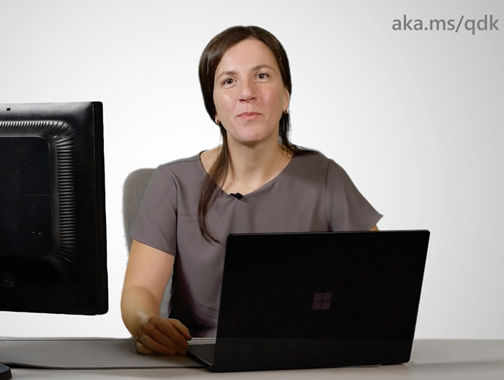
Microsoft Quantum Technical Blog
Azure Quantum Development Kit Overview
This blog post gives a quick overview of the various features available in the Azure Quantum Development Kit (QDK).

Focus blog
by Duis Aute, Principal Quantum Software Engineer
Lorem ipsum dolor sit amet, consectetur adipiscing elit, sed do eiusmod tempor incididunt ut labore et dolore magna aliqua. Ut enim ad minim veniam, quis nostrud exercitation ullamco laboris..

Q#
Microsoft's quantum programming language designed for developing and running quantum algorithms efficiently.
QIR
A standardized, hardware-agnostic intermediate representation for quantum programs.
Resource Estimation
Analyzes quantum algorithms to predict the required qubits, runtime, and other resources needed for execution on a quantum compute.
Partnerships and Announcements
Explore collaborative efforts driving innovation in the quantum ecosystem.
Browse all
No results found
Join the email list
Join our email list for the latest updates and insights
— stay informed and ahead!




